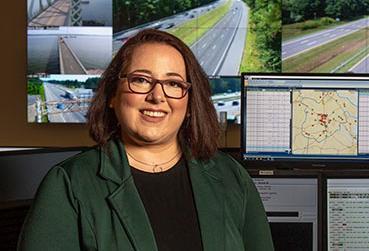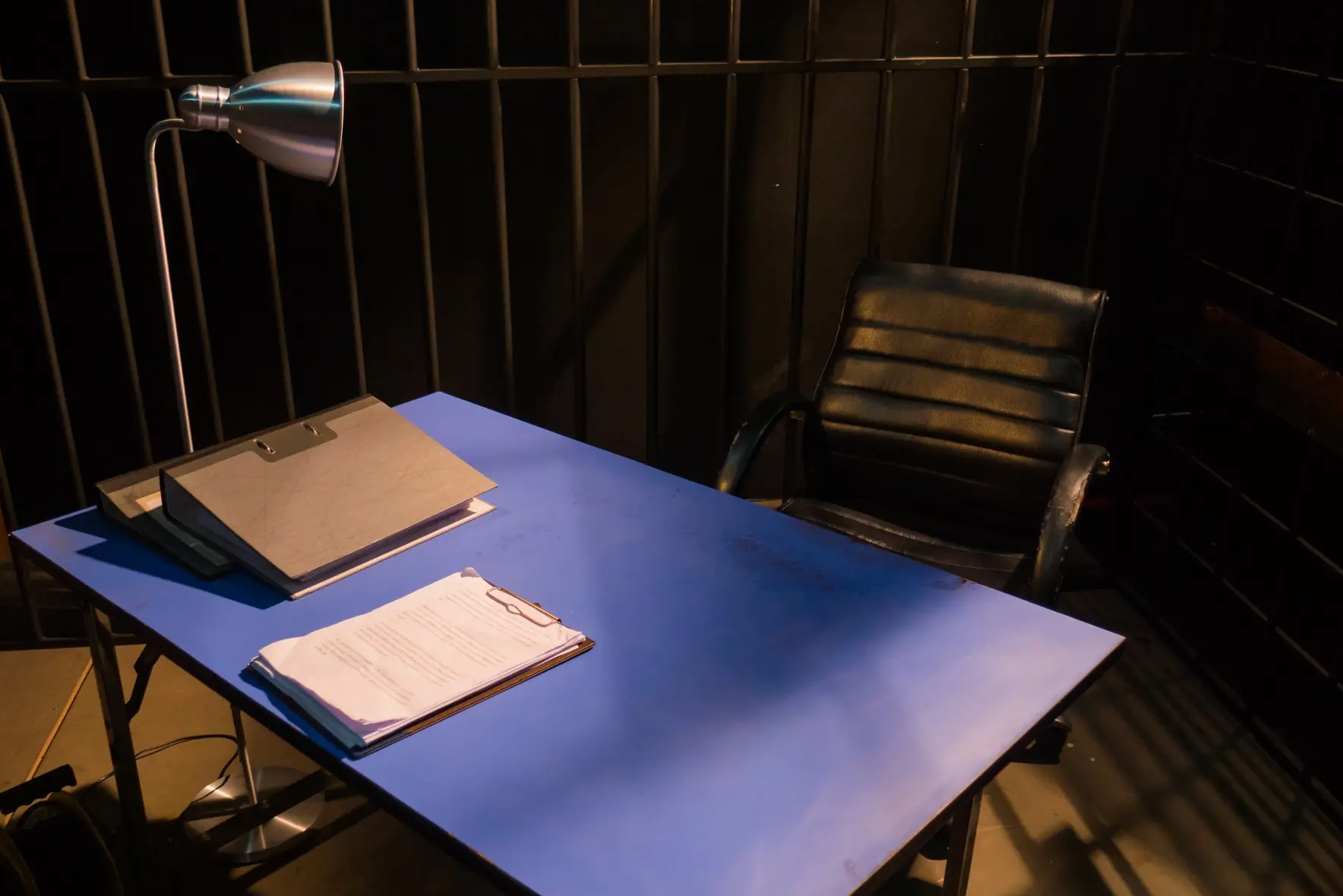Conversations during crisis and conflict
A few very different roads led assistant professor Brittany “Brie” Haupt, Ph.D., to the Wilder School, one of the newest additions to our Homeland Security and Emergency Preparedness (HSEP) Department.
So, what exactly developed her passion for increasing her cultural competency and becoming trained in diversity education and multiculturalism, as well as intercultural dialogue and community development?
A Florida native, Haupt noticed early on that people were not always treated the same.
“I grew up in what I thought was a diverse area, but even then, I could see that there were distinct differences and behaviors depending on who I was hanging out with,” said Haupt. “I was that person who had friends in all different types of groups. I think I could connect with them in many ways because I too had struggled.”
Unsure of what direction she wanted to take as an undergraduate, Haupt began her journey in student affairs at the University of South Florida. She soon got involved in several diversity education programs to investigate the differences that she was seeing and the “othering” that was taking place around her.
“I saw the othering that was happening — the thought that someone is ‘other than myself,’ so I am going to treat them differently,” said Haupt.
Haupt went on to further her studies at Clemson University to receive her master’s in counselor education.
“I realized that people often liked to open up to me and share their stories. That’s when I started to follow my life motto to ‘listen, understand and validate’ individuals,” she said. “That only happens when you open your ears and minds to people’s experiences and backgrounds and really try to understand where they are coming from and learn to empathize."
From there, Haupt found herself moving from a predominately white institution to being the first white female in the residential life department at the historically Black college/university of North Carolina Central University. According to her, NCCU is where her work in emergency crisis management really began to evolve in a new way.
“I was in residential life and student affairs and consistently dealing with students in crisis, so I was one of the few who got to know and work firsthand with first responders,” said Haupt.
The disconnect between college administrators and first responders was so noticeable that it caused Haupt to start asking herself how she could assist and emphasize that this communication is crucial to the safety and well-being of our communities.
After being told her opinion was not valid unless she had a doctorate degree, Haupt completed her Ph.D. in public affairs at the University of Central Florida, where she started exploring the connection among public policy, administration and emergency management.
“I dove especially into the crisis communications component, because I felt like that is where the heart of a lot of misinformation happens and creates broken communications and community trust,” said Haupt. “It comes down to not communicating effectively with different groups and recognizing your own biases that you may be bringing to the table.”
Dream job with the Wilder School
At the Wilder School, Haupt says she found her ideal job where the aspects of her research could all be supported by both the public administration and HSEP programs as well as faculty focusing on social justice, equity, cultural competence and necessary social dialogues that are often difficult.
“There are inequalities, so let’s acknowledge those. Let’s acknowledge the journey of the people surrounding us, especially for our students, and let’s help them go through those conversations and develop their identities — ultimately helping them to be positive members of their community.”
Haupt teaches both undergraduate and graduate level courses involving emergency planning and incident management and strategic planning. “I hope to open students’ minds. To hear about a crisis is one thing, but having to actively think about how each diverse crisis requires unique response and recovery measures is another,” she said.
“Especially in emergency crisis management, where when you are in response, you have to help take care of so many different individuals in a crisis, and if you are not aware of those individuals and who may not be at the table, you are already cutting yourself off from people.”
Haupt will also be working alongside associate professor Will Pelfrey, Ph.D., and the Virginia Department of Emergency Management (VDEM) to conduct research on whether Virginia emergency managers, who tend to be predominately older, white males, utilize adequate cultural competency skill sets.
Book of the year
While in her Ph.D. program, Haupt served as a teaching assistant and was asked by her mentor to create a cultural competency case study for students involving response and recovery measures in crisis situations.
“What ended up happening was that students started to bring personal biases and preconceived notions into the scenarios without even realizing it,” said Haupt.
After implementing the case study over several semesters and being approached by a Federal Emergency Management Agency representative to use it in a classroom training exercise, it was clear this was a useful publication for others.
In 2020, Haupt’s book with Claire Connolly Knox, Ph.D., “Cultural Competence for Emergency and Crisis Management: Concepts, Theories, and Case Studies,” became available for purchase. This text offers educators a road map for successfully engaging participants in various aspects of cultural competency knowledge, skills and abilities. “With this book, we’re filling a gap, because there is nothing like this out there,” said Haupt. “It serves as a resource with a wide variety of case studies for not only educators in the classroom, but practitioners as well.”
In April 2021, the publication received the American Society for Public Administration (ASPA) Democracy and Social Justice Section Book of the Year Award. Haupt was also selected as an ASPA Founders Fellow in 2017 and currently serves as a board member for ASPA’s Section on Emergency and Crisis Management along with serving on its social media and newsletter committees.
COVID-19 response
If there is one thing Haupt has noticed during the COVID-19 pandemic, it is the need for empathetic, compassionate and validating communications to reach beyond emotional barriers and encourage dialogue.
“It became extremely volatile in many areas like politics as well as social justice movements. People needed time to process, because emotions often impede ability to communicate effectively,” said Haupt. “One must learn to be comfortable with uncomfortable situations and conversations to do this work.”
Haupt plans to continue research specific to central Virginia with organizations such as the Federation of Virginia Food Banks about food insecurity and adapting, serving and communicating with diversified demographics. “Planning is essential, and the value of emergency managers has certainly increased during the pandemic,” said Haupt. “It’s also helping our program, because people are seeing how crises can highlight the inequalities in our communities, and they want to be of service. That’s where our department can open up the doors for these opportunities for them.”


.jpg)
